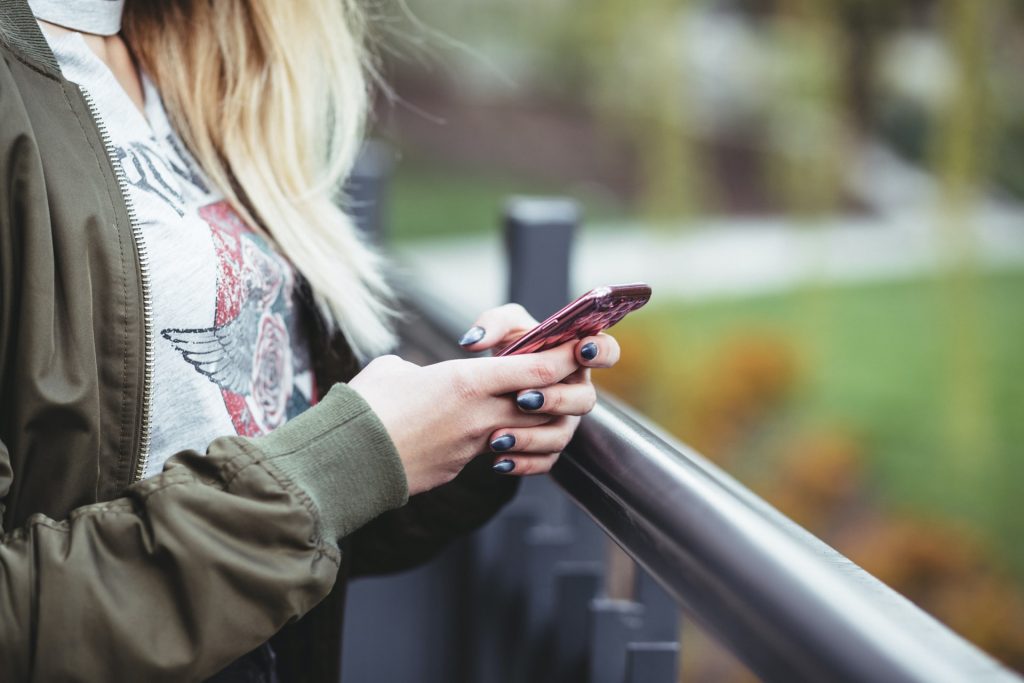
A recent study published in the Journal of Affective Disorders Reports has found that young adults who use more social media are significantly more likely to develop depression within six months, regardless of personality type.
“Previous research has linked the development of depression with numerous factors,” the authors noted. “However, the literature has been lacking in studies that focus on how various personality characteristics may interact with social media use and depression. This new study addressed these important research questions, finding strong and linear associations of depression across all personality traits.”
People with high agreeableness were found to be 49% less likely to become depressed than people with low agreeableness. Additionally, those with high neuroticism were twice as likely to develop depression than those with low neuroticism when using more than 300 minutes of social media per day. More importantly, for each personality trait, social media use was strongly associated with the development of depression.
A 2018 sample of 18–30 year old US adults was analysed with the Patient Health Questionnaire to measure depression. Social media was measured by asking participants how much daily time was spent using popular social media platforms, and personality was measured using the Big Five Inventory, which assessed openness, conscientiousness, extraversion, agreeableness and neuroticism.
The authors suggest that problematic social comparison can enhance negative feelings of oneself and others, which could explain how risk of depression increases with increased social media use. Engaging primarily in negative content can also enhance these feelings. And lastly, engaging in more social media reduces opportunities for in-person interactions and activities outside of the home.
Depression has been noted as the leading cause of disability and mortality worldwide. This makes these findings even more pronounced for creating health interventions and prevention efforts.
“Findings from this study are important during a time of technology expansion and integration,” said author Renae Merrill said, a doctoral student when writing the paper. “Connecting to people virtually may increase the risk of miscommunication or misperception that leads to relationship difficulties and potential risk for developing mental health problems.”
“People have innate emotional needs for social connection and understanding,” Merrill added. “For example, social media experiences can be improved by becoming more aware of our emotions and our connection with others in various life circumstances. This awareness helps improve relationship quality by simply reaching shared meaning and understanding through more effective communication and concern for others and ourselves. Despite our differences, we have the ability to create a culture of empathy and kindness.”
Source: University of Arkansas

